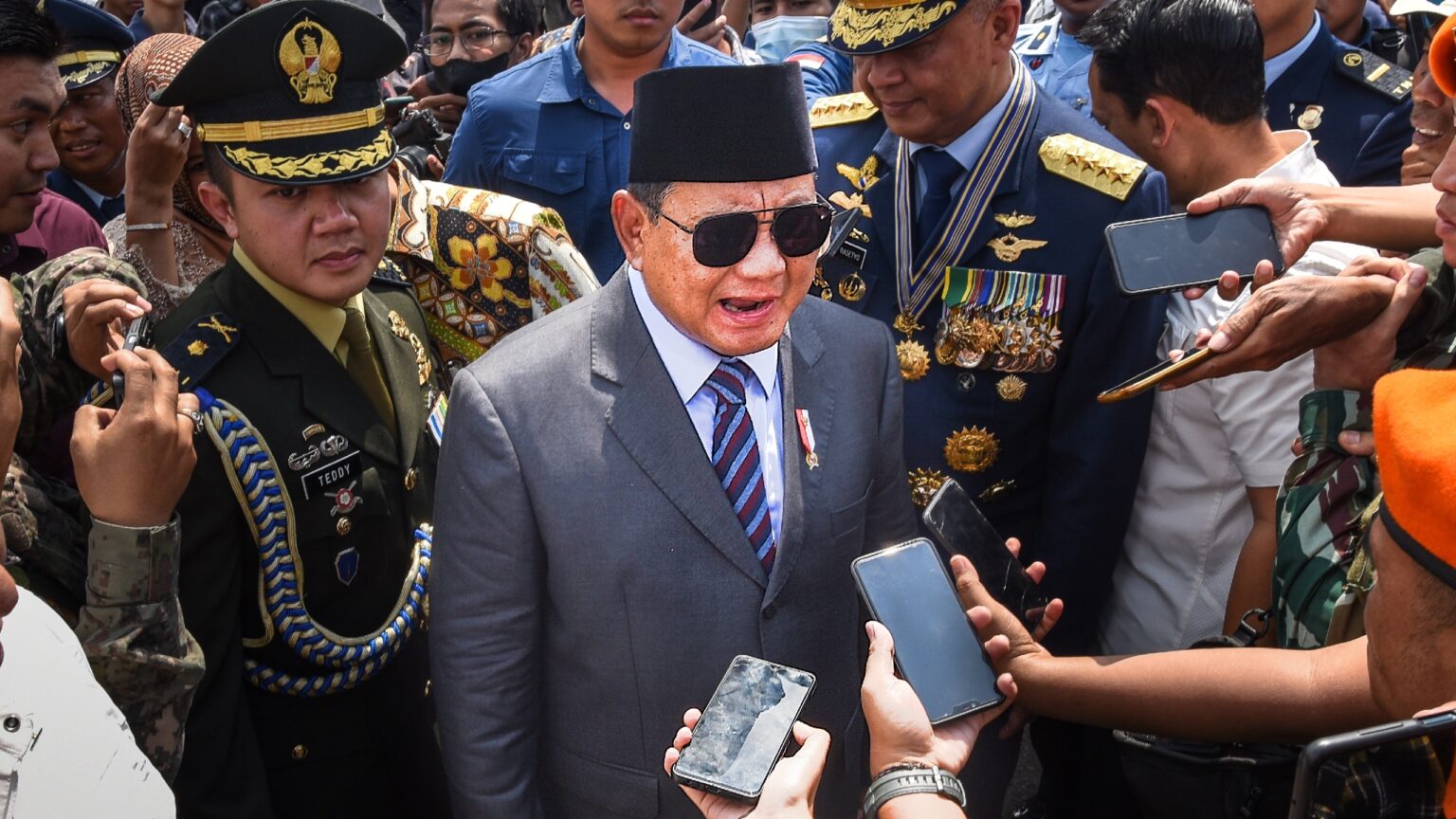Indonesia’s leading presidential candidate, Prabowo Subianto, plans to build 10 metaverse cities if he wins the 2024 election, according to his campaign team spokesman, Budiman Sudjatmiko. The plan will cost around $8.6 billion.
Subianto is a former special forces general who currently serves as defense minister. Four countrywide surveys in September gave him a lead of 11 to 20 percentage points ahead of his two closest rivals.
Also read: Metaverse City Industry Booms as Shanghai Leads Growth
What would the cities look like?
As reported by Tempo, the 10 metaverse cities will be spread across the Southeast Asian country, including Nusantara, the designated new capital of Indonesia, which is being constructed at a cost of $32 billion.
Nusantara will function as the “superhub,” Sudjatmiko said, while two cities in Sumatra, in western Indonesia, will develop chips, nanotechnology, the Internet of Things (IoT), and sensors.
“Nine cities will resemble nine planets, and the sun will be IKN [Nusantara] as the super hub of the digital ecosystem,” Sudjatmiko told a digital summit in Jakarta on Nov. 28.
“This can happen. [We] have the people [to build it],” he added. Subianto’s ambitious metaverse plan will cost an estimated $8.6 billion, the equivalent of 125 trillion in Indonesian money.
Millions of Indonesians will vote to choose a president, vice president, and members of parliament in general elections set for February next year. Over 200 million people are registered to vote in the election.
This is Prabowo Subianto’s third attempt at the presidency after losing to outgoing president Joko Widodo in 2014 and 2019. In October, Subianto named Widodo’s son, Gibran Rakabuming Raka, as his running mate in the 2024 election, AP reported.
Metaverse cities gain traction
A metaverse city is an expansion of the metaverse concept into a “city-like environment within digital spaces.” According to a new report by tech intelligence firm ABI Research, about 700 cities worldwide will have some form of metaverse infrastructure by 2030.
The metaverse offers a virtual platform for cities to test new infrastructure designs, optimize traffic flow, and simplify city operations, suggests another report by the World Economic Forum.
In the long run, this could even lead to large cost savings, it claims. The report further added that the metaverse provides a more engaging and interactive way for citizens to take part in decision-making as well as connect with their city government.
Are you ready to immerse yourself into our virtual world?
The Metaverse platform enables users to truly own, develop, and trade digital spaces. #MetaverseNFT #Metaverse #Metaversedubai
📌Visit our land at https://t.co/KkYQeHmKkI pic.twitter.com/XhUjZAIPUb
— Metaverse Dubai (@metadubaiglobal) February 27, 2022
Are you ready to immerse yourself into our virtual world?
The Metaverse platform enables users to truly own, develop, and trade digital spaces. #MetaverseNFT #Metaverse #Metaversedubai
📌Visit our land at https://t.co/KkYQeHmKkI pic.twitter.com/XhUjZAIPUb
— Metaverse Dubai (@metadubaiglobal) February 27, 2022
Cities that are already building their own metaverses include South Korea’s Seoul, designated as a metaverse city in 2021; Santa Monica, U.S.; and Dubai in the United Arab Emirates.
Last year, South Korea committed $180 million to building a metaverse ecosystem. Today, people in Seoul can download the city’s metaverse app and use it to do things like play a game, file a complaint, or receive advice on tax issues.
Dubai is aiming to become a top-10 metaverse economy and a global hub for the metaverse community over the next decade. The city wants to draw 1,000 companies from the blockchain and metaverse industries, supporting 40,000 jobs.









 and then
and then